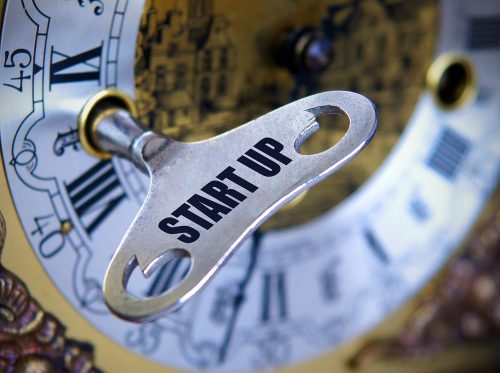Venture Capital watch: Interview with Merlin Seeman
 For our series of interviews we asked Merlin Seeman, Managing Partner at Hedman Partners law firm, what was the impact of COVID-19 on the Estonian startup/VC market and what are the expectations for 2021.
For our series of interviews we asked Merlin Seeman, Managing Partner at Hedman Partners law firm, what was the impact of COVID-19 on the Estonian startup/VC market and what are the expectations for 2021.
- How did the Estonian startup/VC market evolve in 2020? What was the impact of COVID-19? What are the expectations in terms of numbers, size, and types of investments for 2021?
In 2020, the number of pre-seed and seed rounds did not grow and remained at 2019 levels. In addition to the number of pre-seed and seed rounds remaining the same, the round size decreased in 2020. This is mostly due to the pandemic.
Investors are becoming increasingly professional and demanding, especially in seed rounds and onward. For example, there is a clear increase in revenue traction, as illustrated by the doubling of median monthly revenue at the close of the seed round.
While there were fewer pre-seed and seed rounds and the ones we did see were smaller, the number of A rounds has grown steadily. A rounds are mostly driven by foreign investors, and the pandemic did not play a significant role in later investment rounds and exits.
The Estonian startup/VC market continues to evolve, but it seems that its days of very fast growth are behind us as the ecosystem has become established and well-known.
The general expectation for 2021 is that the number of deals will grow, in terms of pre-seed and seed rounds and A rounds. The same is true for valuations, but valuation growth will most likely not be exponential. In accordance with overall trends, ESG and CSR will play a more important role in future investments.
- Which sectors proved most attractive in the last year?
The most attractive industries are FinTech and B2B SaaS. There are also a lot of investments in mobility, but that is mainly driven by Bolt. The highest value investments were in the computer and consumer electronics sector. The attractiveness of the energy and environment sector for investors is on the rise.
- What is your experience with cross-border transactions in the startup/VC industry?
Cross-border transactions are becoming more and more common and taking place in earlier rounds. It was already common to include multiple foreign investors in A rounds, but it is becoming more common to have foreign interest in earlier rounds as well. There is also an increase in follow-up investments in Estonian startups, which shows that investors trust startups and the ecosystem as a whole.
Estonian VCs and startups have considerable experience working with and alongside foreign VCs and making cross-border deals.
- What were the most challenging clauses that you negotiated recently?
The Estonian market has a well-established market standard, so there are few difficult negotiations. Any difficult negotiations usually revolve around the veto rights of investors and reverse vesting provisions, especially in later investment rounds.
- What kind of exit opportunities does the Estonian market offer?
The Estonian market offers great exit opportunities. The year 2020 was exceptional when it came to exits. Pipedrive became Estonia’s fifth unicorn, and the Pipedrive mafia is expected to shape the Estonian startup ecosystem on both the founder and investor sides in the coming years. Most exits involved foreign buyers and as a result, the Estonian founders and team members received more than EUR 400 million of capital.
In the future, as more and more startups mature and become exit-ready, the number of exits is expected to rise.
